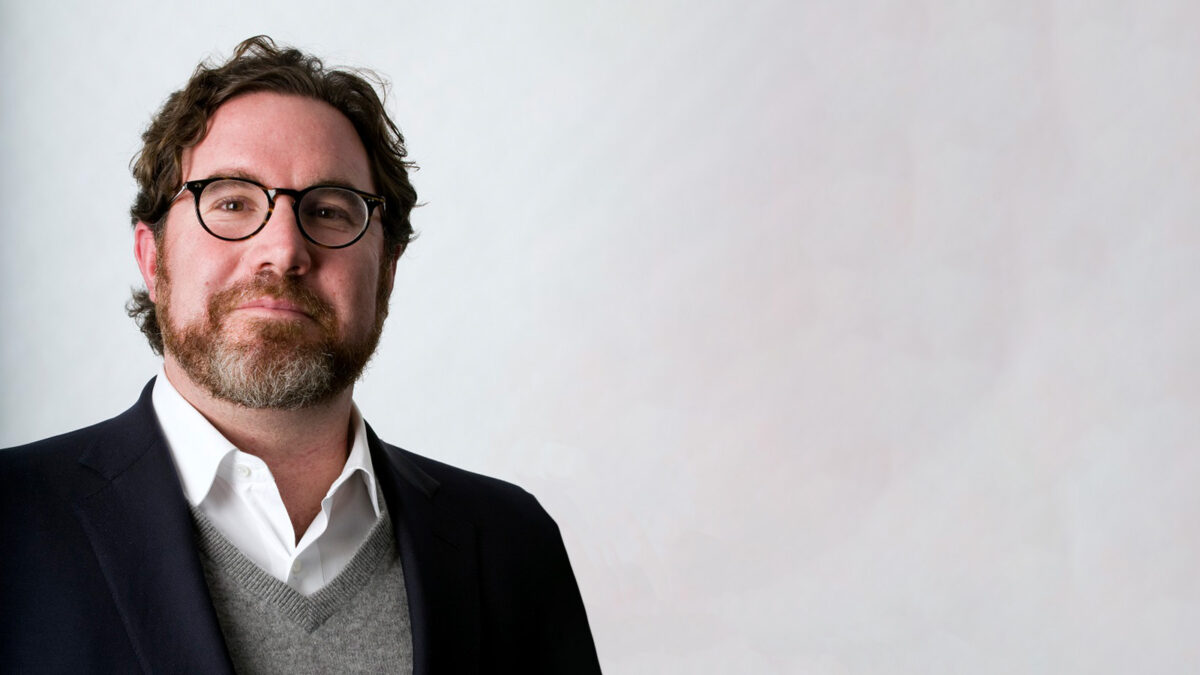Why steady hands matter in private credit
“I think you are going to see massive growth in private credit,” says Richard Levy, founder, CEO, and CIO of Chicago-based established private credit manager Victory Park Capital. “Equity is getting fussier and more expensive, and the markets are not as freely available to provide liquidity for growth companies. These companies are going to have to rent capital to survive and grow.”
“I believe there will be a proliferation in opportunities, which may be exacerbated by the recent Silicon Valley Bank fallout. Silicon Valley was by far the largest lender and supporter of the tech and life sciences ecosystem. That balance sheet will move to different places, but the ethos may not move along with it.”
Victory Park Capital was launched in 2007 after Levy and his co-founder, Brendan Carroll, left hedge fund Magnetar Capital. Since then, the world of private credit has “changed dramatically” as investors of all sizes are looking to add private credit to their portfolios while simultaneously becoming more discerning about where to allocate.
“We work at the intersection of private credit and technology day-in and day-out and have been doing it for 16 years,” Levy says. “We’re looking at multiple technology-enabled consumer lenders a month, and we are looking around the world to find the most compelling opportunities…there are a lot of other credit funds that have dipped their toe into this world, but it’s difficult to navigate without the expertise, experience, and knowledge we’ve acquired.”
“There are also nuances to how you need to structure these deals; you have to monitor huge amounts of data, and building the risk systems internally to do that is imperative and cannot be done overnight. We’ve built best-in-class, institutionalised investment and operational processes, which we have refined since 2007.”
Victory Park raised its first fund just weeks before the chaos of the GFC really began. Instead of going belly up – the fate of most boutiques that launched around the same time – they had liquidity in a world where everybody wanted it, allowing the firm to catch a new wave of fintech innovation just as traditional lenders began to retreat. What they thought would be a four-year trend turned into a 16-year track record.
“I wish it were some miracle of foresight, but ’08 happened, and the world fell apart, and banks were pulling back,” Levy says. “It just so happened that this was also the beginning of business models shifting from Main Street physical stores to online. That first wave was an internet interface; for example, an online consumer loan business taking loan applications digitally.”
“Some lenders were wary and saw this as a new asset in the form of digital origination. What Victory Park saw was John Smith still getting a loan, but now he is able to do so on his computer versus driving to a financial institution on Main Street. “
Levy says Victory Park likes to invest where the world is going, not where it has been. Today that’s anything from artificial intelligence – which will eventually have “a profound impact” on all kinds of lending businesses as data becomes more refined – to trade finance and tokenisation in areas like gaming. The conversion of “all things brick-and-mortar to digital is not going away”, but Levy says that they don’t chase returns at the expense of risk management, and they could never quite get comfortable with some of the unvetted new assets that were plentiful in the post-GFC landscape.
“We say we go extremely slow to go extremely fast,” Levy says. “We do our homework at a macro level and talk to experts to get comfortable with the assets. Once we have the comfort and a compelling investment thesis, we are able to move nimbly and swiftly in putting capital to work.”
“For the last four years, we looked at all things crypto. The team probably met with 30 or 40 companies looking for financing but could never get comfortable with the assets. In hindsight, we made the right decision.”
Levy says that Victory Park’s strong relationships in the venture capital space have been the “secret sauce” to where it allocates; the firm has built relationships with many top-tier VCs as it began lending to fintech businesses and developed a reputation as a reliable partner for large debt facilities. Once you hear the 20 best venture capital firms in the world “all talk about the same thing, a light bulb should go off”.
“We leverage our VC relationships for sourcing – not only to look for new opportunities but to see where capital is going. That access allows us to target the types of businesses we think are really interesting and want to get in front of,” says Jason Brown, partner at Victory Park, who leads its sourcing efforts. “It also enables robust direct deal flow in the sectors we understand and like today, as well as in areas that could be opportunities for us in the future.”










